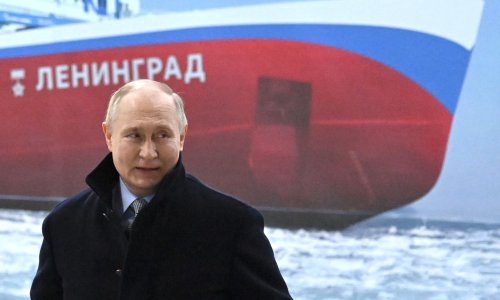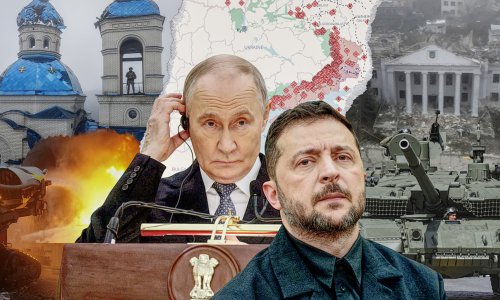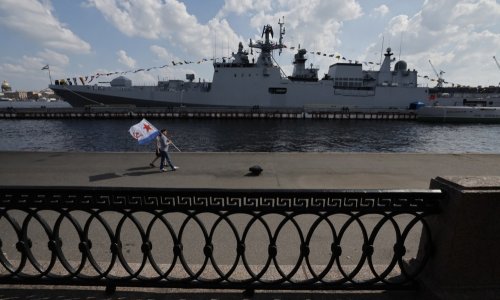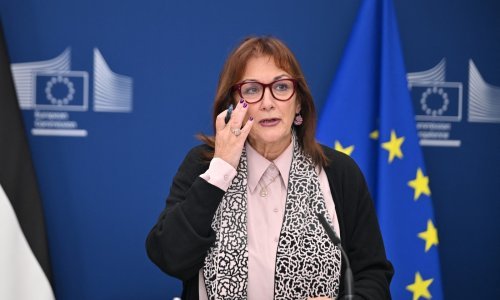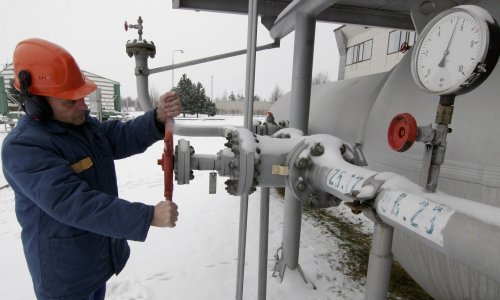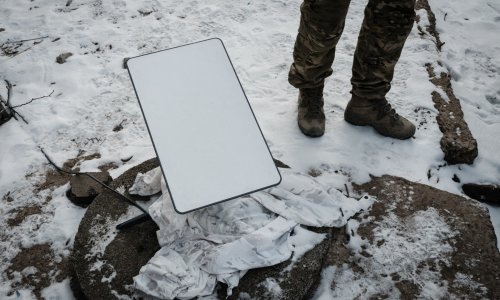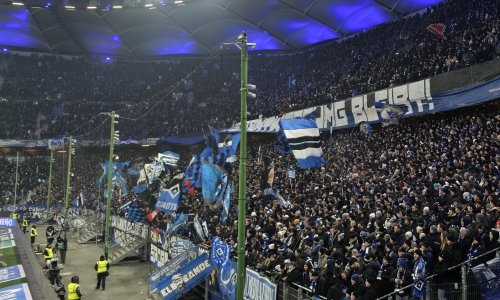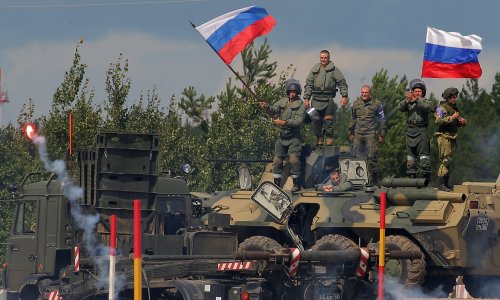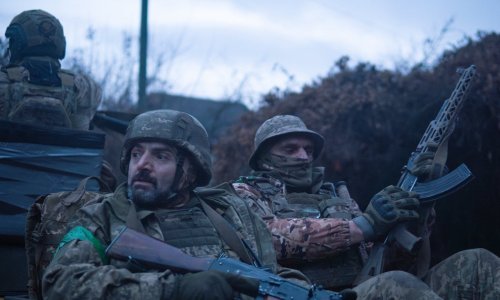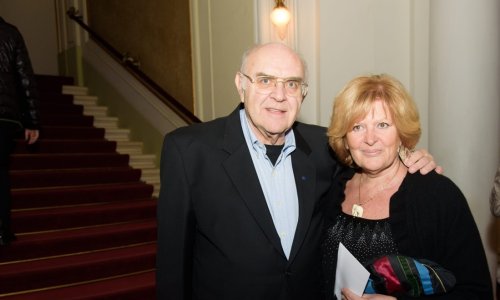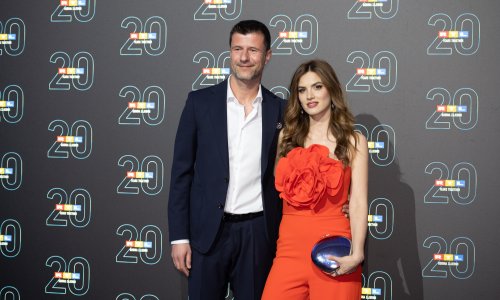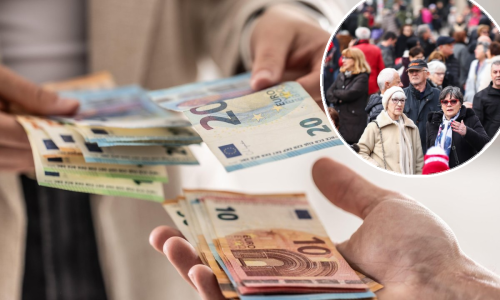Croatia will not take part in the project to build the nuclear power plant Belene in Bulgaria which it has been invited to join alongside Serbia, Croatian Prime Minister Jadranka Kosor said after the Danube Summit in Bucharest on Monday.
The Bulgarian government has called on Croatia and Serbia to join, as stockholders, in a project to build the nuclear power plant Belene on the Danube River. Bulgarian Prime Minister Boyko Borisov has sent official letters to PM Kosor and Serbian President Boris Tadic, inviting their countries to join in the Belene project with shares of 1, 1.5 or 2 percent.
"We won't participate in that project," said Kosor, who met with her Bulgarian counterpart on the margins of the Bucharest summit.
"We have our own energy strategy that we are pursuing. We also presented some energy projects recently," Kosor said, adding that the refusal to join the Belene project would not affect Croatia's relations with Bulgaria.
"We will continue developing good friendly relations with Bulgaria whose authorities I thank for the strong support to Croatia's EU membership bid," said Kosor.
Bulgarian PM Borisov said the participation of Croatia and Serbia in the Belene project would make the project more pragmatic because the project would have a guaranteed market once the power plant was built.
According to Russian media, Borisov and Tadic have already discussed the project and Borisov has invited Tadic and Kosor to respond to his offer by November 13, when Russian PM Vladimir Putin will visit Sofia to discuss energy issues.
The Belene nuclear power plant should be built by the Russian state company Atomstrojprojekt, but there are problems regarding the price.
The project was put on hold in the autumn of 2009 when the previous strategic investor, RWE of Germany, which was to have ensured two billion euros in exchange for a 49 percent interest in the plant, withdrew from the project.
Under a preliminary agreement between the Bulgarian government and Atomstrojprojekt from 2008, the construction of the power plant was to have cost four billion euros, but the costs have increased in the meantime.
On 30 September 2010, Bulgaria and Russia extended the agreement by six months in order to reach a final agreement on the price. Meanwhile, Bulgaria has been looking for European partners and investors to continue the project.





